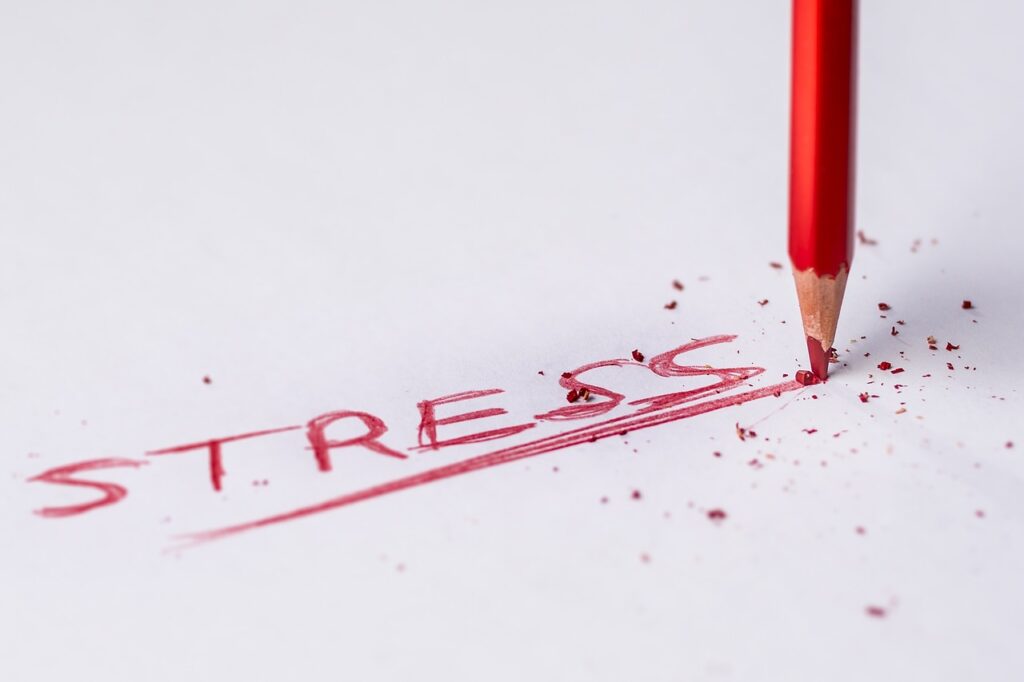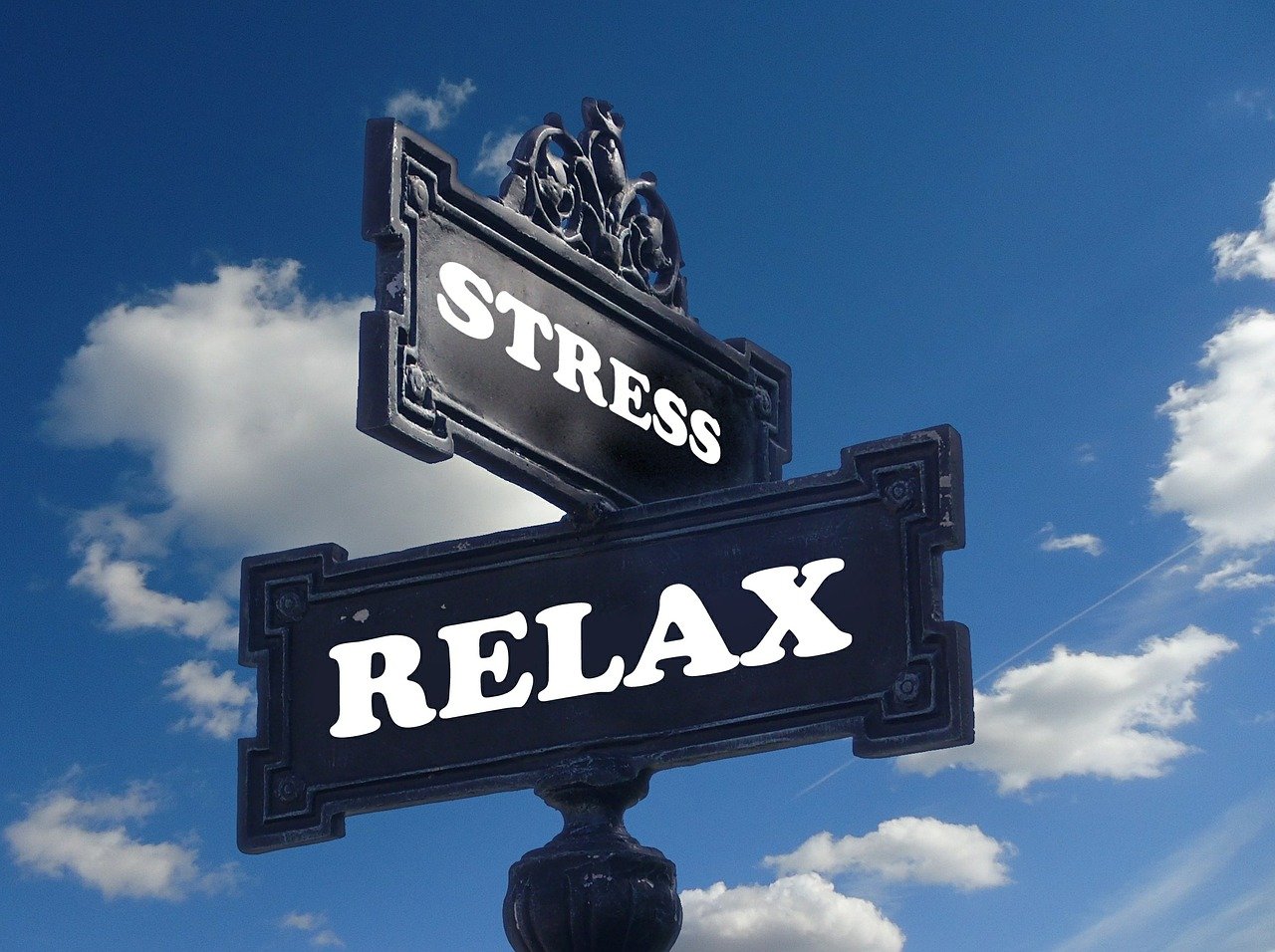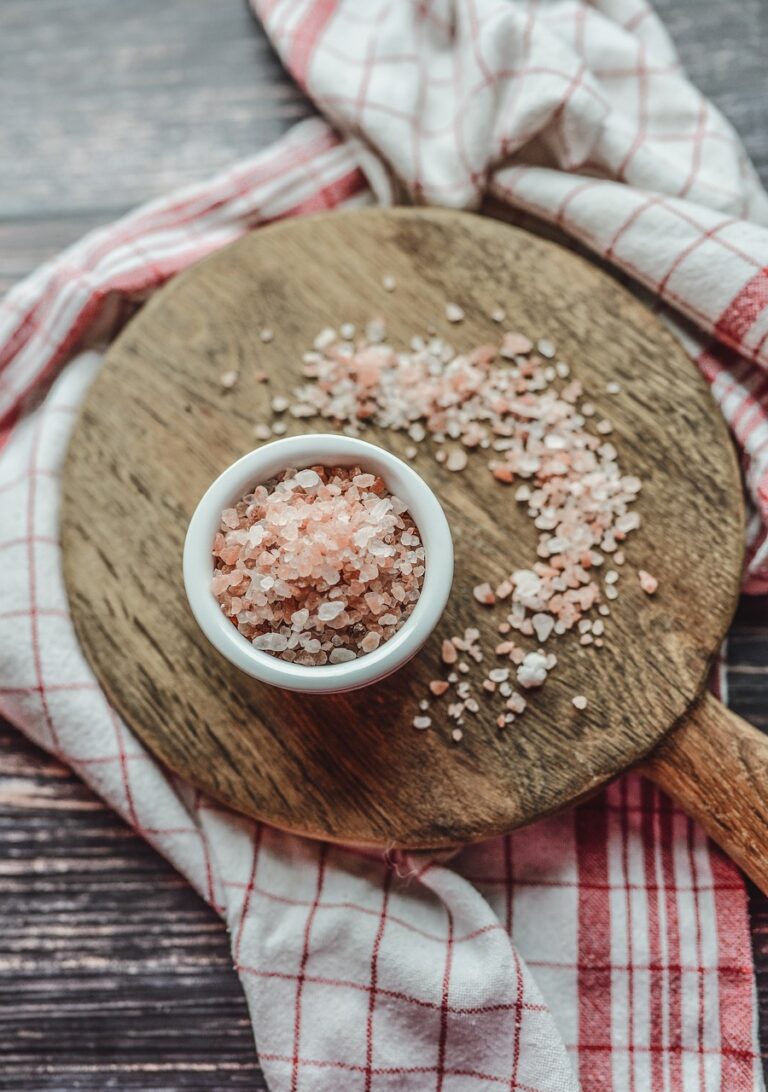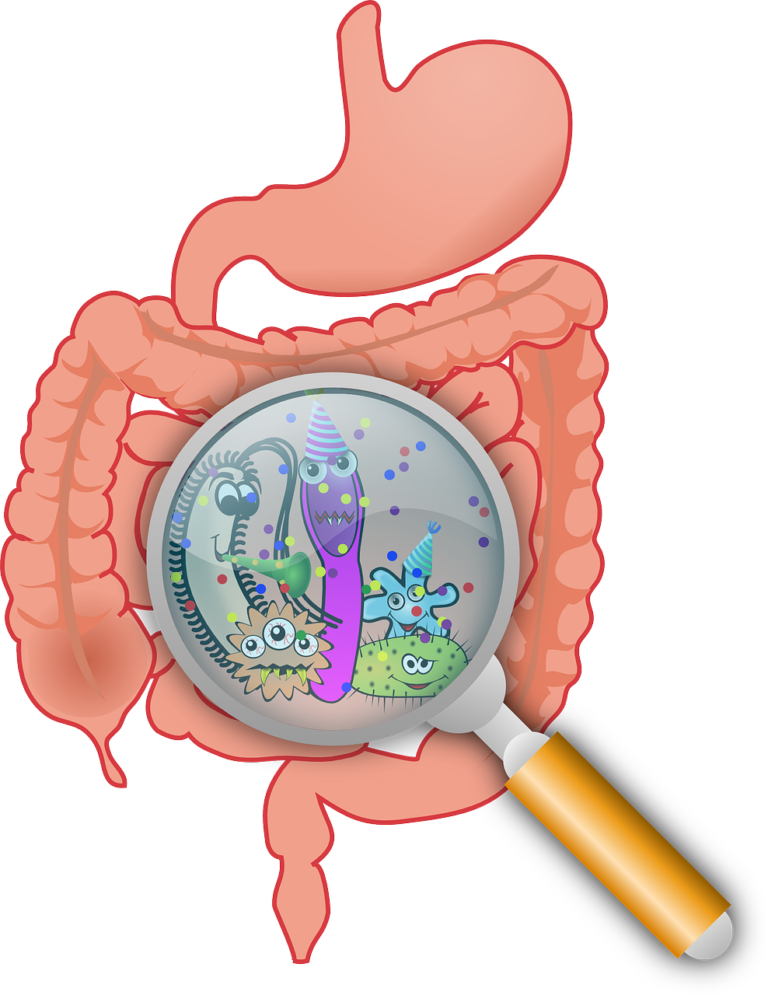Cortisol – 10 Ways to Reduce Your Stress Hormone
Feeling overwhelmed, anxious, and frazzled lately? Well, you’re not alone. In our stress-filled modern lives, many of us have cortisol levels through the roof!
Cortisol is your body’s main stress hormone. While useful in small doses, too much cortisol can lead to weight gain, high blood pressure, diabetes, fatigue and more unwanted health issues. No thanks! Luckily there are many effective and natural ways to lower your cortisol as you continue your wellness journey.
What Does Cortisol Do?
Cortisol is an important hormone produced by the adrenal glands that helps regulate various processes in the body. When released in small amounts on an as-needed basis, it provides beneficial effects. However, chronic overproduction of cortisol can lead to negative impacts on health.
The main role of cortisol is to help the body respond to stress. When you experience physical or emotional stressors, your hypothalamus signals your adrenal glands to release cortisol and adrenaline. This triggers the “fight or flight” response, causing increased heart rate, blood pressure, and blood sugar to give you energy to deal with threats. Cortisol also suppresses non-vital functions like digestion, reproduction, and growth to focus your body’s efforts on the stress response.
High cortisol promotes inflammation so prolonged stress and elevated cortisol also speed up damage to cells, tissues, and organs in the body. Cortisol imbalance can even impact cognition, memory, and emotional regulation.
In today’s high-stress world, many of us have cortisol levels that are constantly heightened without coming back down to normal baselines. That’s why it’s crucial to understand the impacts of cortisol overload and learn ways to control your stress response and maintain healthy cortisol levels. Your overall wellbeing depends on it!

Watch Out for These Symptoms
How do you know if you have excessive cortisol? Here are some common symptoms:
- Weight gain, particularly increased belly fat
- High blood pressure
- High blood sugar or diabetes
- Low energy and constant fatigue
- Insomnia or trouble sleeping
- Depression, anxiety, irritability
- Lower immunity and frequent sickness
If you regularly experience any of these, it may be time to take action to control your cortisol!
10 Ways to Start Lowering Cortisol
- Try supplementing with adaptogenic herbs like ashwagandha, ginseng, and maca root. These herbs work to balance cortisol and regulate your stress response. Taking 200-500mg daily of a supplement containing these herbs can help control cortisol secretion and reduce feelings of anxiety and fatigue.
- Get zen with yoga, meditation, deep breathing exercises, and visualization. Taking just 5-10 minutes a day to quiet your mind through these relaxing practices activates the nervous system which lowers cortisol.

- Up your magnesium intake by eating nuts, seeds, leafy greens, avocado and dark chocolate. Magnesium is a powerful mineral that helps suppress cortisol secretion. Aim for 400-600 mg daily through food sources or a supplement. Magnesium rich foods also promote sleep which lowers cortisol.
- Dial down the exercise intensity. While regular exercise reduces cortisol over the long run, intense workouts can spike cortisol in the moment due to their stressful nature on the body. Opt for lighter intensity exercise like walking, yoga, swimming, or easy bike rides to reap the cortisol-lowering benefits without going overboard.
- Get more sleep. Poor sleep equals more cortisol. To lower cortisol, aim for 7-9 hours per night of quality sleep to control cortisol. Establish good sleep habits like sticking to a schedule, limiting electronics at night, and making your bedroom darker and cooler. Getting adequate deep sleep will do wonders for normalizing cortisol.
- Laughter is the best medicine. Did you know laughter literally lowers cortisol and boosts mood-boosting endorphins? When you need a quick cortisol reliever, watch a comedy show or funny YouTube videos to get your laugh on. Laughter yoga combines contagious laughter with deep breathing for maximum cortisol reduction.
- Limit caffeine and alcohol. Despite the temporary “buzz”, caffeine and alcohol can disrupt sleep and increase cortisol so consume in moderation. Limit coffee to 1-2 cups earlier in the day and cut off alcohol at least 2 hours before bedtime. Drink more water to counteract the dehydrating effects.

- Eat more antioxidant-rich foods like berries, citrus fruits, and vegetables. Loading up on fresh produce fights inflammation in the body which helps tame inflammatory stress pathways that trigger cortisol release. Aim for 5-9 servings of antioxidant-rich fruits and veggies like strawberries, broccoli and tomatoes daily.
- Listen to relaxing music. Playing soothing classical or nature sounds has been shown to lower cortisol better than rock, pop or hip hop. Create playlists with your favorite relaxing tunes or use apps like Calm to reduce cortisol anywhere. Try listening before bed for restful sleep.
- Give yourself permission to say no and set boundaries. Taking on less rather than constantly saying yes to work, family, and social demands on your time and energy will ensure you don’t get overstressed and overburdened – major cortisol triggers! Practice self care by only taking on what you can handle.
10 Ways to Start Lowering Cortisol
Incorporating a few of these natural cortisol-lowering approaches into your daily routine can help restore healthy hormone levels, reduce feelings of stress and anxiety, promote restful sleep, and improve your overall wellbeing. Be patient with yourself and understand that change takes time. Try different tips and stick with what works best for your lifestyle needs.
Lowering cortisol may also require difficult but important conversations to express your needs and set boundaries with work, family, friends or other sources of stress. Don’t neglect the mental and emotional aspects of self-care – they play just as much of a role in cortisol levels as diet, exercise and sleep habits! With consistency, you will feel more equipped to manage life’s stresses and master your cortisol.







